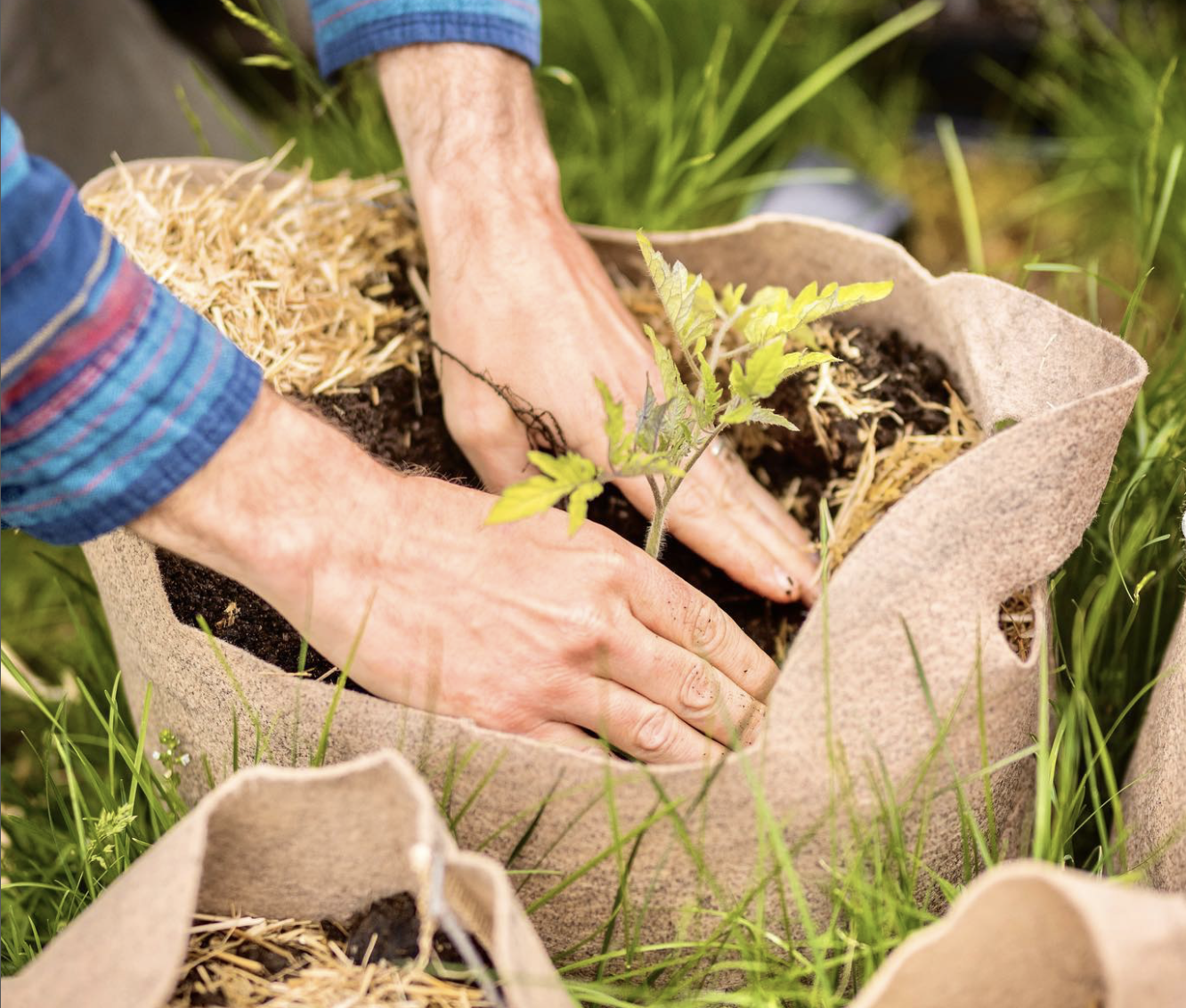
Education
Learn how animal agriculture impacts climate—and explore organizations leading change locally and globally
Did you know?
-
77% of all habitable land is used for production of meat and dairy yet it provides a fraction (18%) of our global calorie supply.
We feed 80 billion farm animals and cannot feed 8 billion humans.
Our animal agriclutural system is wasteful and inefficient. Cut out the middle man (the cow, the pig, the chicken) and feed the world!
-
Animal agriculture In the US consumes 55% of all freshwater, compared to 5% used by all households combined.
Producing meat and dairy requires vast amounts of water:
600-1000 gallons of water to produce just 1 gallon of cow’s milk
2400 gallons for one pound of beef
Manure and fertilizer runoff pollute rivers and oceans, creating dead zones throughout the world.
-
Deforestation for animal agriculture eliminates the homes of countless species, from insects and birds to large mammals.
The result is that today, ~60% of mammal biomass is livestock, 36% is humans, and only ~4% is wild mammals.
This staggering imbalance shows how profoundly animal agriculture has replaced wild ecosystems with managed landscapes, driving biodiversity loss and leading us to the Sixth Mass Extinction.
-
Animal agriculture is responsible for more greenhouse gases than the entire global transportation sector combined: all cars, planes, trains and ships combined.
Trees are the lungs of the earth. Deforestation for animal agriculture both adds emissions (by releasing stored carbon in trees and soils and producing methane/nitrous oxide from cows digestion and manure) and removes a vital carbon sink (forests).
Raising animals for food consumes far more natural resources (land, water, feed) than growing plants directly--this inefficiency drives higher emissions per calorie or gram of meat and dairy compared to plant based foods.
Resources
Find inspiration and tools from local groups and changemakers in the plant-based movement.
-

BEDFORD 2030
Through grassroots efforts, Bedford 2030 addresses the urgent issue of climate change through the reduction of greenhouse gas (GHG) emissions and preservation of natural resources.
-

Hilltop Hanover
This Westchester County farm, is dedicated to sustainable agriculture, environmental stewardship, and community education. At least 25% of its produce is donated to food access partners, ensuring fresh food is accessible to all.
-

Plant Based Treaty
Plant Based Treaty puts food systems at the center of climate action—working to stop ecosystem destruction from animal agriculture and advance healthier, sustainable plant-based diets.
-

Support & Feed
Support+Feed is committed to mitigating climate change and strengthening food security by driving global demand, acceptance, and accessibility of plant-based food—making sustainable choices easier for communities everywhere
-

Purple Carrot
Aiming to make plant-based eating convenient and accessible for everyone, not just vegans, by delivering fresh, pre-portioned ingredients and easy-to-follow recipes to subscribers' doors each week




